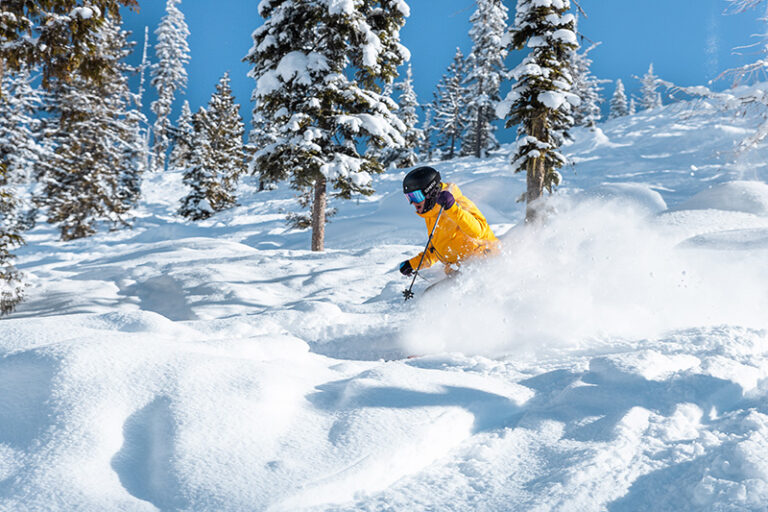I locked my bike to a lamppost one sunny afternoon in May 2012, and it was gone an hour later when I returned. I know exactly where it is — I even occasionally call to check up on it — but I haven’t seen it since that day four years ago.
My bike was stolen and, a month and a half later, pawned at Pawn 1 on Monroe Street. The shop then sold it to a customer, who returned it after matching the serial number with my post on a stolen bike registry. It’s a nice ride — a Trek 2.1 road bike — but having a fancy bike didn’t mean I had the money to replace it. I had bought it as my primary mode of transportation after selling my car.
Brian Fleck, Director of Auditing and Security at Pawn 1, contacted me with the name of the man who pawned my bike and recommended I contact the police. Fleck had further details about the guy (pawn shops are required to take legal ID) and would provide it to law enforcement to assist in an investigation. The police did visit the pawn shop but did not investigate the case further. When I spoke with Fleck back then, he offered to sell my bike back to me for $300, the amount Pawn 1 had paid for the bike. I declined, probably not politely.
I recently asked Spokane Police Department (SPD) Public Information Officer Teresa Fuller why police won’t compel a pawn shop to return stolen property to its owner. “We can’t put ourselves in a position to force them to lose money,” she said. “If we were to tell them that they needed to return your property, then they would be out $300.” Fuller couldn’t tell me when, or if, my bike would ever be released from “police hold” at the pawn shop or what would happen to it then. Fleck says he sometimes gets permission from law enforcement to release and “liquidate” stolen property, but it requires a lot of paperwork.
Though SPD has no plans to investigate my case, I researched the man who pawned my bike online. I learned a lot about him, including that he’s a cyclist himself. That stung a bit. I also learned with relative certainty that he probably didn’t steal my bike. Rather, he seems to have started a side business of reselling free or cheap Craigslist “junk” about a decade ago.
When I spoke with Fleck recently, he said my case is an anomaly. He has plenty of merchandise on police hold at each store, about 75-100 bikes at any given time, but most items that stay on hold this long are associated with unresolved civil cases, like disagreements between roommates or other people who know each other. Pawn 1 does not check bikes against a stolen bike registry or any other kind of database when it takes bikes in; the serial numbers are made available to law enforcement nationwide. The man who pawned my bike hasn’t been back to Pawn 1. “Because of this incident, I locked him out company-wide,” Fleck says.
Both Fuller and Fleck say SPD lacks the resources to investigate all the stolen items taken to pawn shops. It’s not an ideal situation for anyone. Fuller points to drug use as the driver for Spokane’s bike theft problem. She says the police department can’t do much without legislation to hold thieves accountable. Still, I wonder if this all could have been resolved long ago by SPD contacting the man who pawned my bike.
I’m in a position many victims of bike theft aren’t. I’m a journalist. I blogged about the incident and the story was picked up by local TV news. Then, a friend launched an online fundraising campaign to help me replace it. Community members who I know or who learned about the theft on the news donated enough money for me to buy a new bike, same model, within a month. Many people whose bikes are stolen do not have the resources to replace them. The loss was real for me, for sure. I felt violated. And riding every day, I felt a connection with that hunk of metal that felt like grief when it was gone. Still, I never missed work because I didn’t have a way to get there.
I speculated what the bike thief thought about me: If I had an awesome bike, I could probably afford a new one. Or, more likely, they hadn’t thought about their victim at all. I am painstakingly careful with my new bike, sometimes opting not to ride because I don’t know if there will be a safe place to park my bike. Theft robs you of your sense of safety. And in this case, it’s robbed me of a piece of what drew me to bicycling in the first place: that carefree feeling of getting around on two wheels. //













